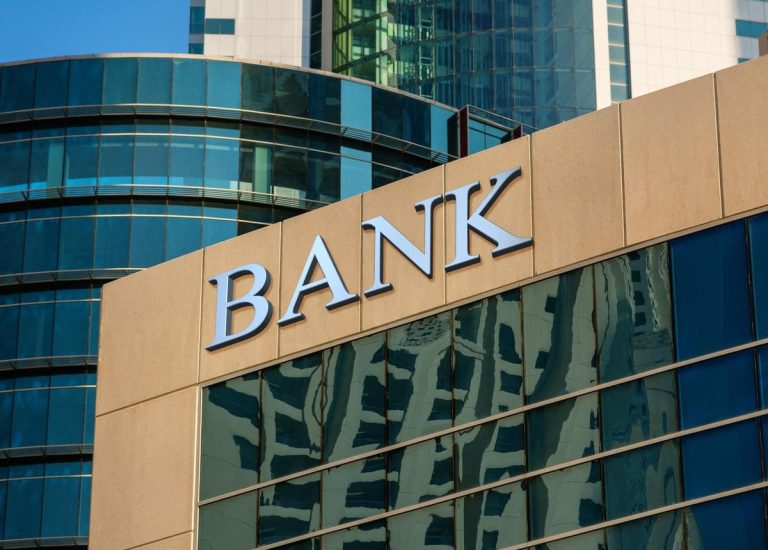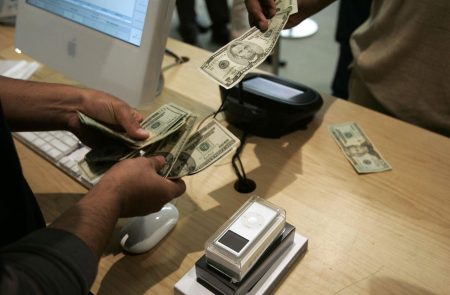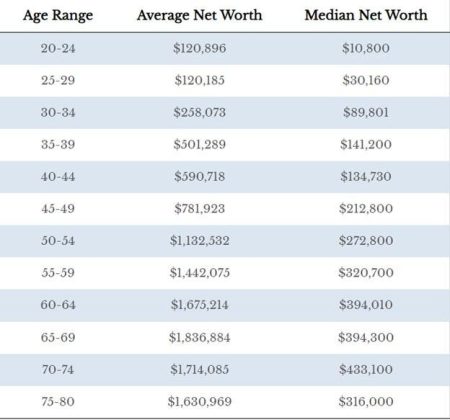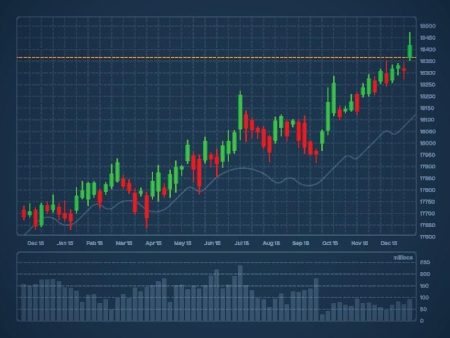The U.S. banking system has been under scrutiny since the collapse and seizure of Silicon Valley Bank by the FDIC on March 10. While the S&P 500 is almost 16% higher year-to-date, the KBW Bank and Regional Bank indexes are around 20% lower for the year.
The seriousness of the banking crisis caused many to fear a negative impact on the real economy. Despite the turmoil in banks, the economy continued to grow in the second quarter and looks to have accelerated in the third quarter. While the Atlanta Fed’s GDP growth estimate is probably too high, growth should be robust, perhaps around 3.5%.
Stocks and bonds have also registered less probability of an economic downturn sparked by the banking sector. More economically sensitive stocks have outperformed the less GDP-impacted consumer staples, and Treasury yields have risen.
One way to measure the stress in the U.S. banking system is the magnitude of bank support provided by the Federal Reserve via various facilities. The most common is the discount window, which banks generally avoid, but the facility can provide emergency liquidity. In addition, following the collapse of Silicon Valley Bank, the Federal Reserve announced a new facility to help banks meet withdrawal requests from depositors and restore confidence. The Bank Term Funding Program (BTFP) allows banks to borrow up the face value of any government bonds held in the bank’s portfolio at a very reasonable rate. The Paycheck Protection Program (PPP) facility was created in 2020 to provide support during the pandemic. Other credit is the support of the bridge banks, operated by the Federal Deposit Insurance Corporation (FDIC) until they can be sold or liquidated.
With the seizure of Silicon Valley Bank and Signature Bank, discount window and bridge bank credit usage soared. The disappearance of almost any discount window usage is a distinctly positive sign. Overall, the trend of decreased Fed bank lending across its facilities since the end of March is evidence of healing.
The banking system saw net deposit outflows across large and small banks. Notably, the 25 largest banks, which include many midsize regional banks, have lost about 1.4% of their deposit base since the failure of Silicon Valley Bank, while the smaller banks lost 1.8%. However, more recently, deposits have been positive in both large and small banks. Importantly, small banks, the epicenter of the more severe concerns, have seen deposits rebound nicely.
Part of what made smaller banks the epicenter of concerns was that they provide most commercial real estate (CRE) loans. With the woes in office real estate in the wake of the pandemic and higher interest rates, it would be logical that smaller banks’ CRE exposure would be a primary area of concern. Aside from a blip in CRE loans at the start of the banking issues, total CRE loans have seen a positive upward trend.
Loan growth would be at risk if banks were forced to hoard extra liquidity to bolster their defenses against possible deposit flight and increased loan losses. So far, all that can be pointed to is a moderation in the pace of increase in bank loans year-over-year, but banks are still making more loans year-over-year. Even commercial real estate loans have seen year-over-year growth despite all the worries.
While the coast is not completely clear, the U.S. banking system looks stable currently. The dual concerns about a recession and the looming downtown office real estate glut seem to have been pushed out to at least next year but remain a looming threat. Bank loan delinquencies have increased but generally only to typical levels. Higher capital levels and a higher cost of deposits will dent future bank earnings, which explains the poor performance of the stocks. Megabanks should generally be considered safe and might benefit from the deposit flight if worries about the smaller banks reignite. In addition, large banks have less exposure to the potential looming issues with office real estate loans.
Read the full article here









